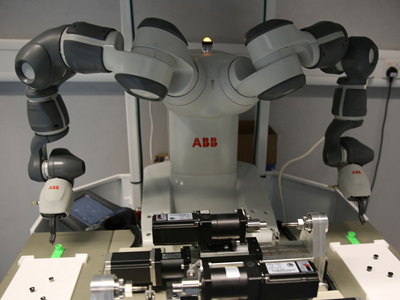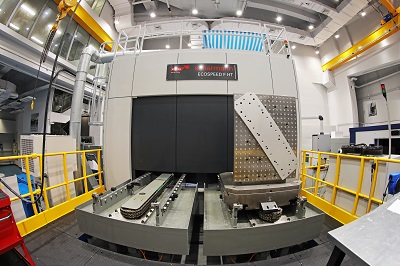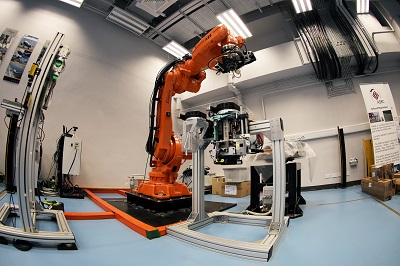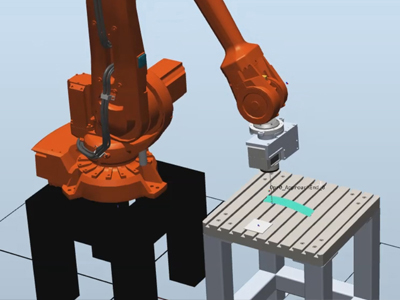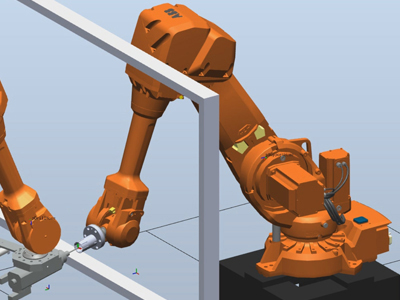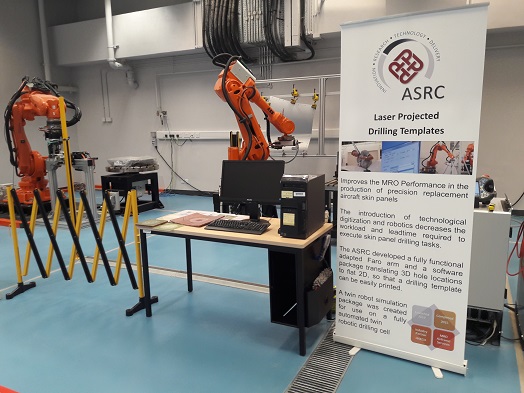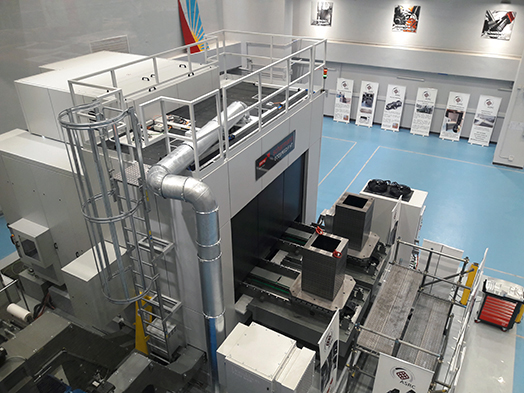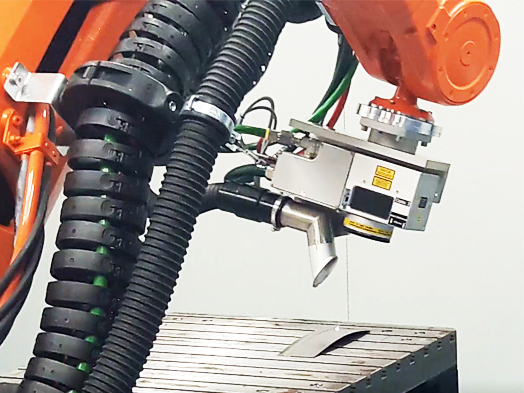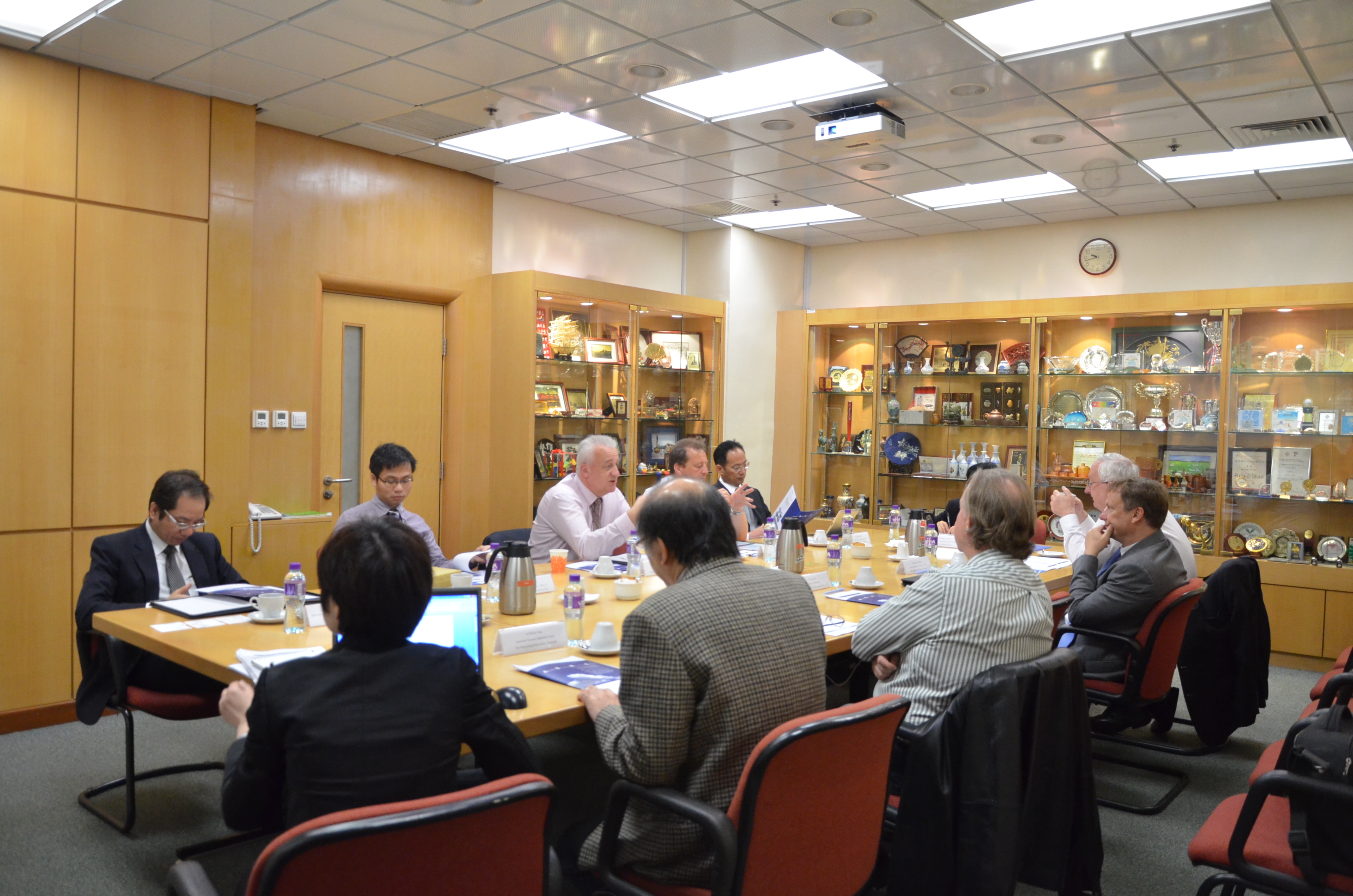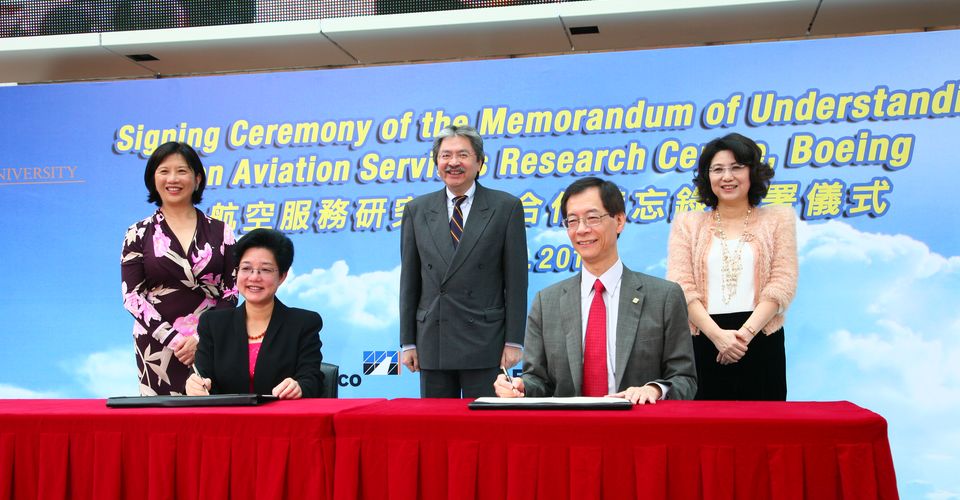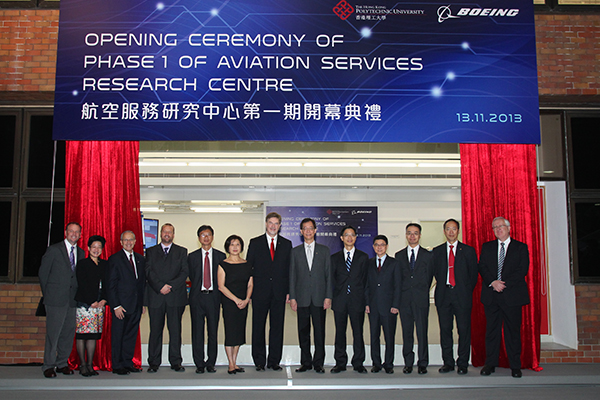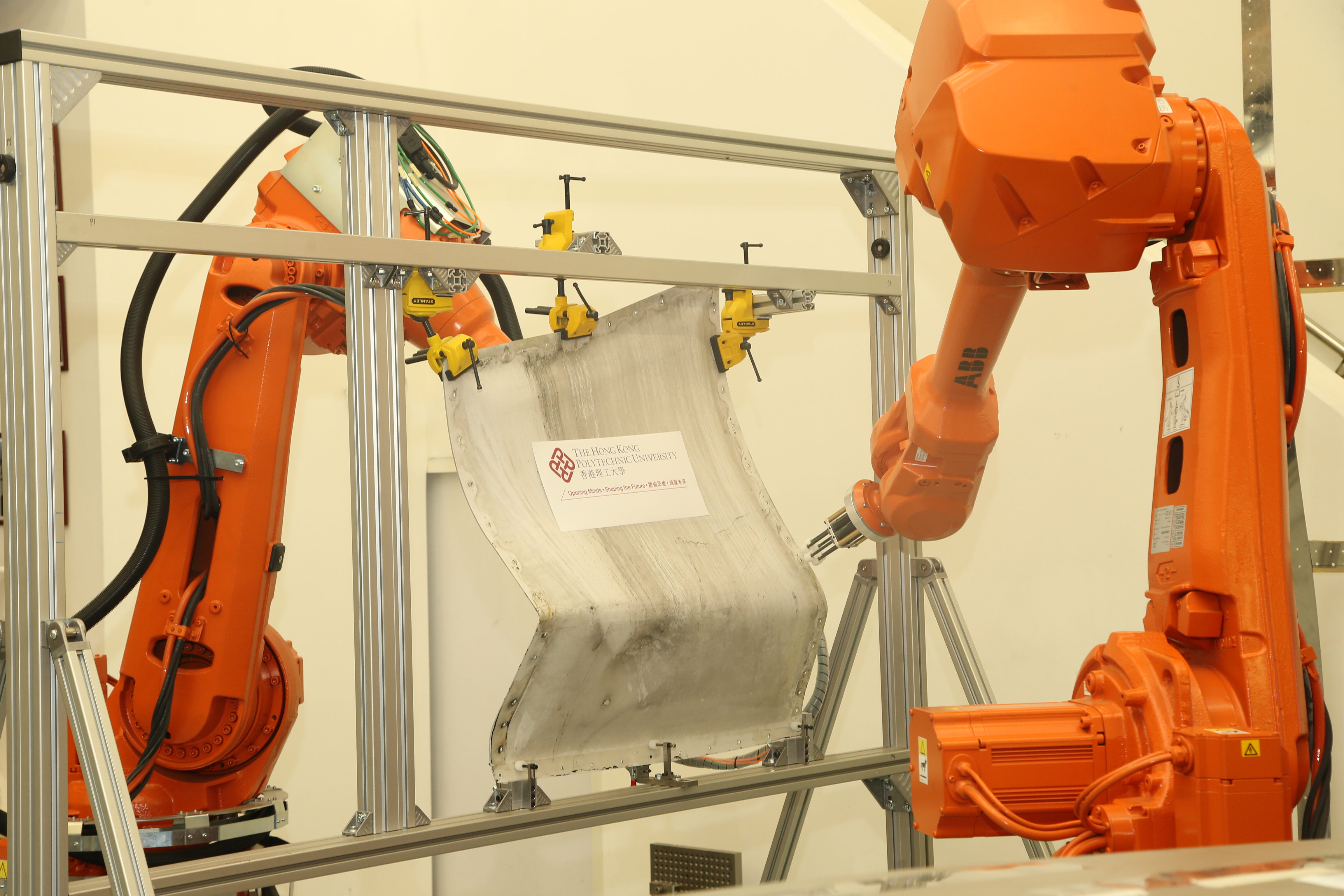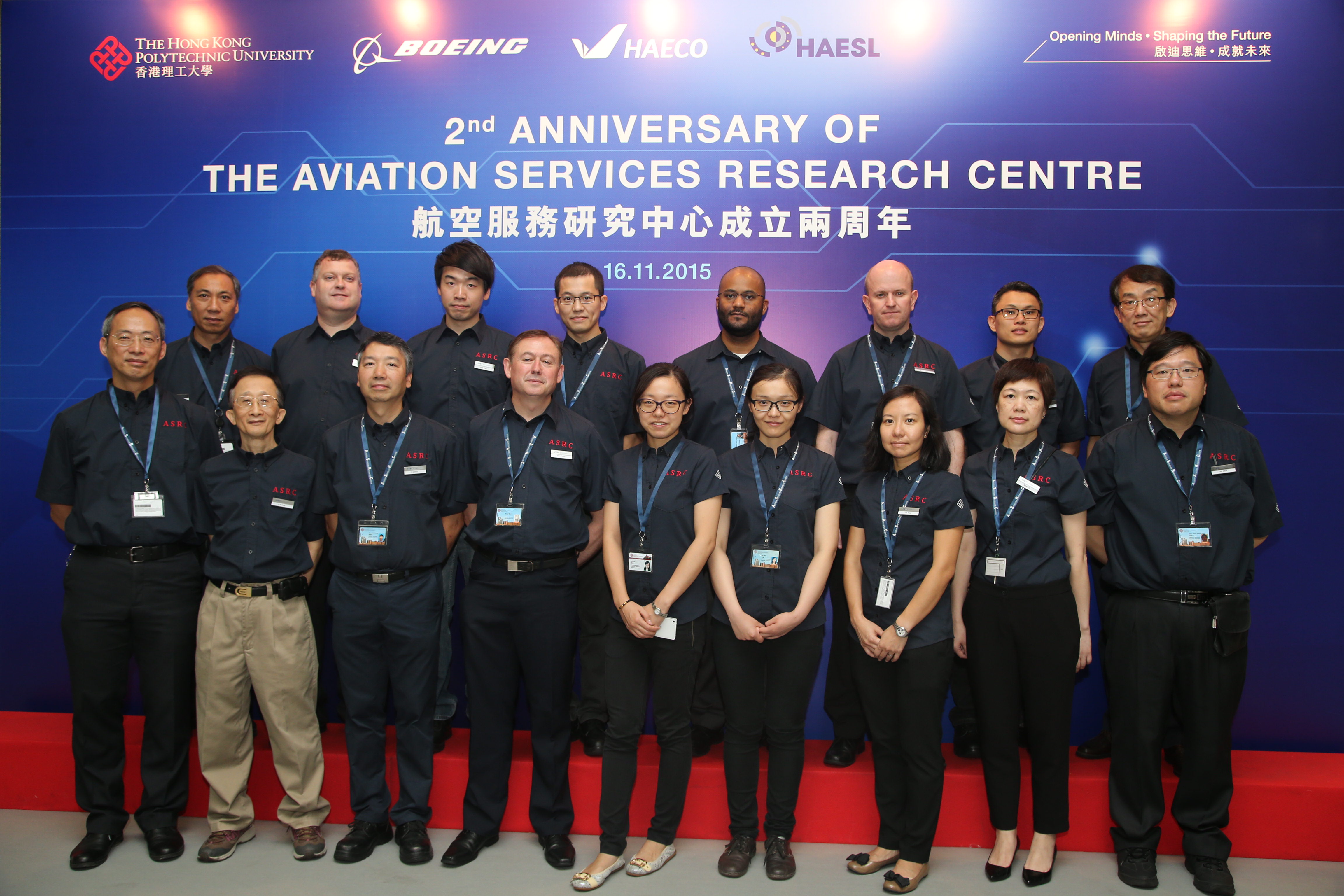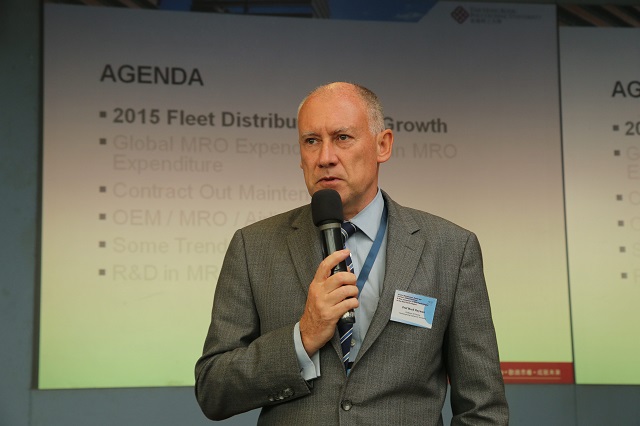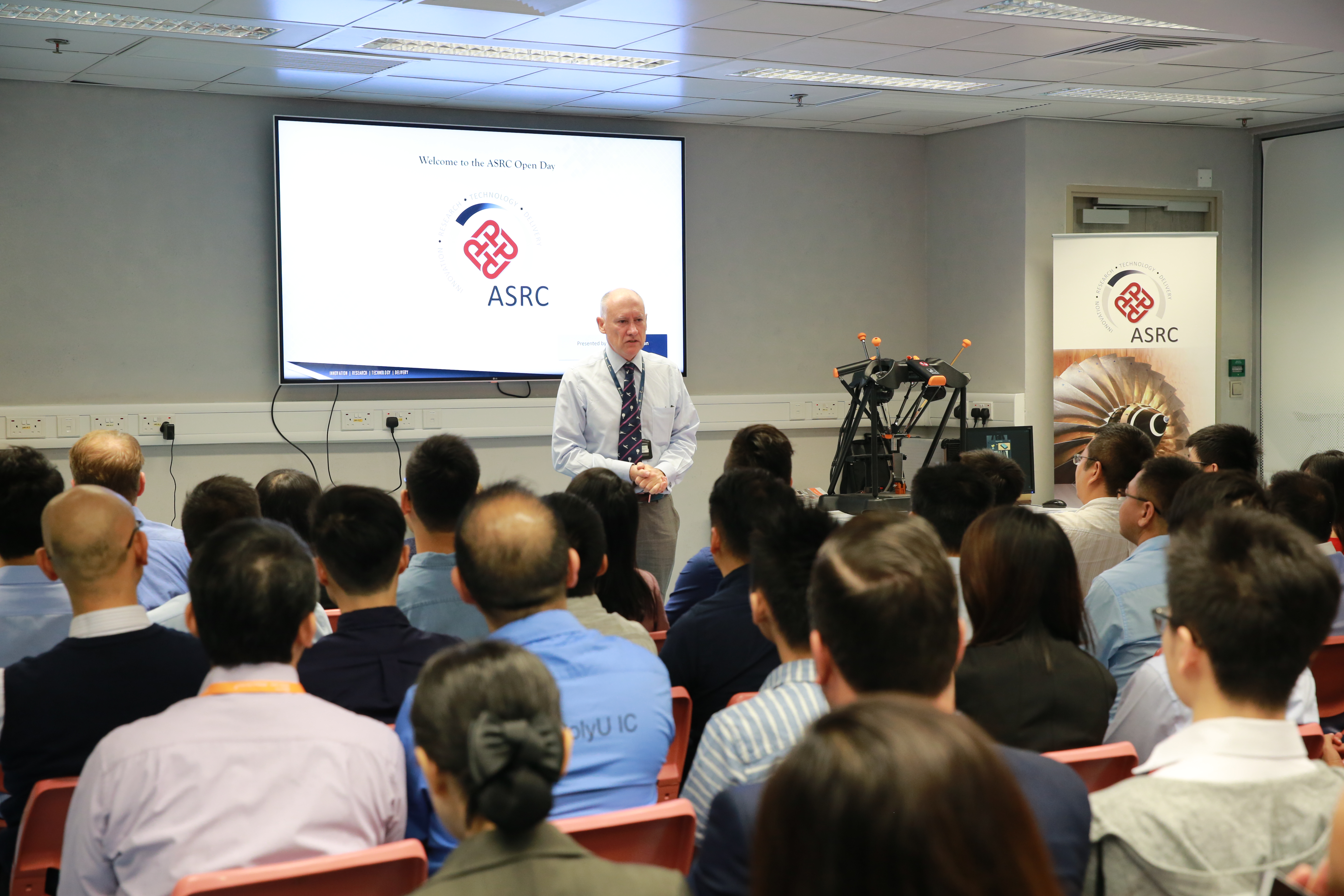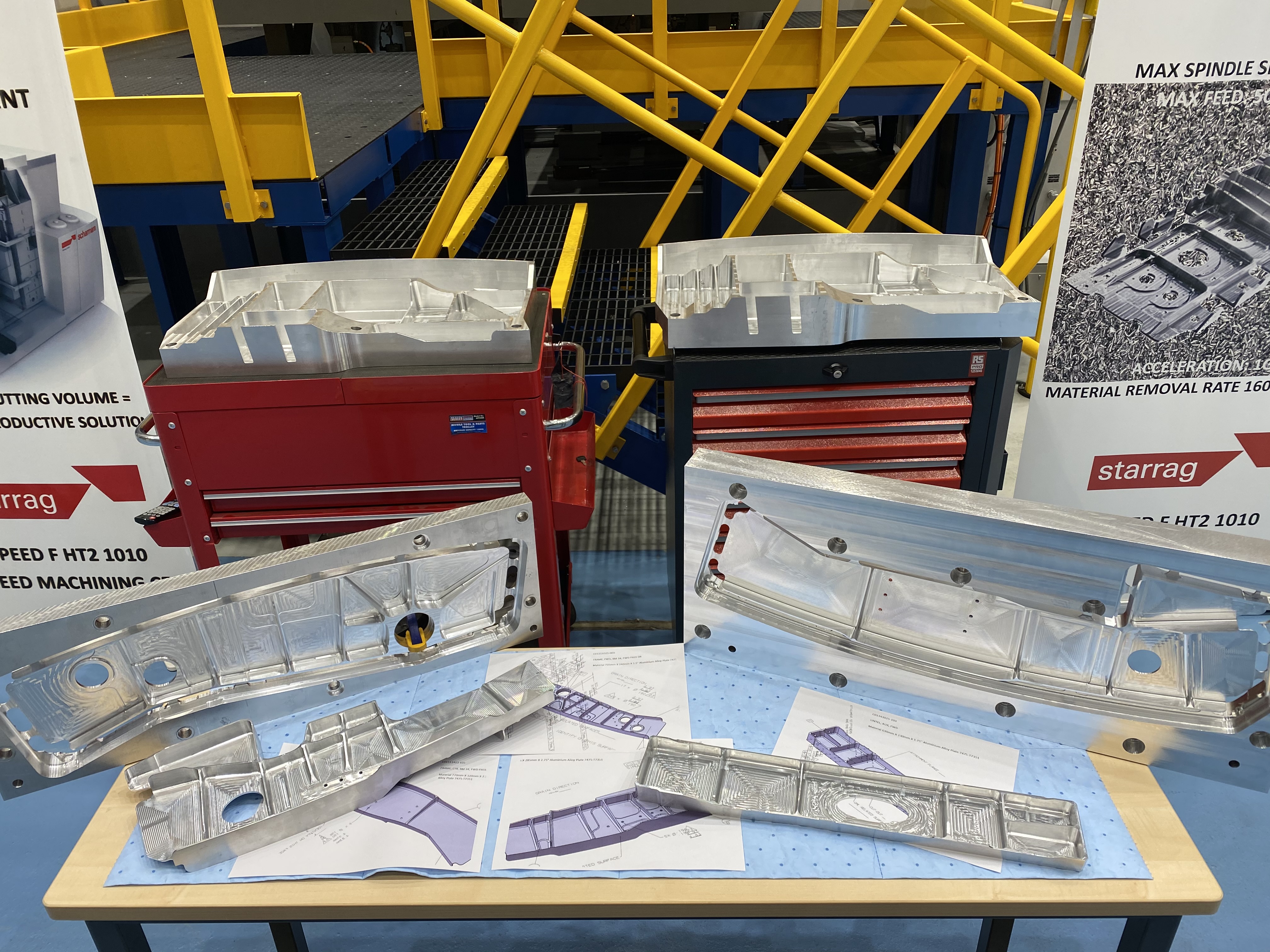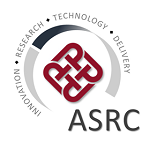About Us
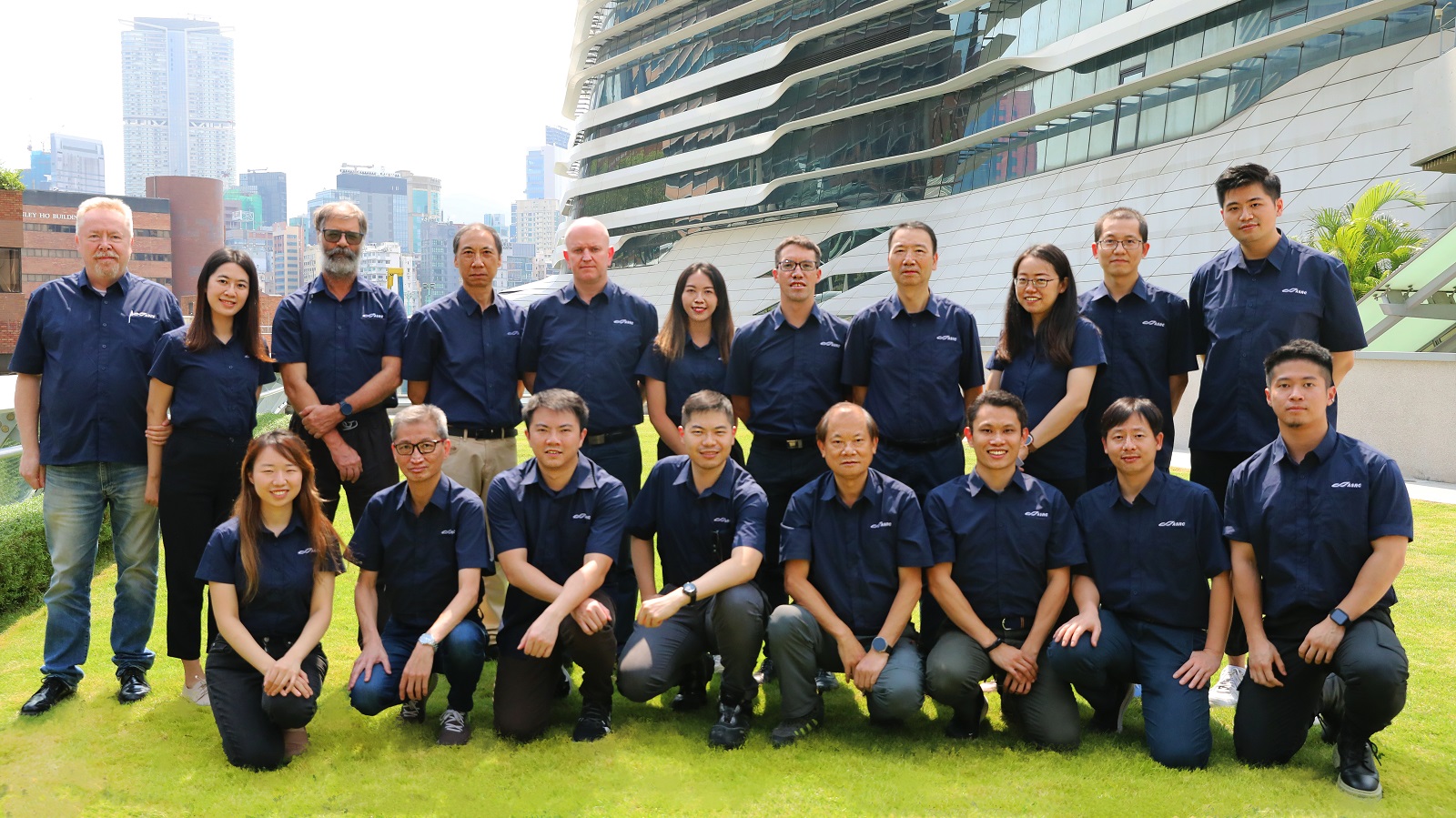
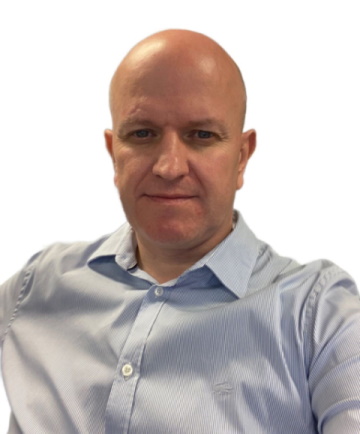
MESSAGE FROM CEO
As we approach the end of our first 10 years as a Global Boeing Research Centre, which is an incredible milestone, we look forward to the next five years with great hope and anticipation of what that will bring. With a new focus on disruptive and innovative technologies to drive sustainability in support of MRO & Manufacturing across China and Southeast Asia. We have grown a lot since those early years, thanks to the endeavours of staff members past and present, as well as from the PolyU and our members. Now based at a state-of-the-art facility in the centre of the APAC aviation hub that is Hong Kong, we remain fully focused on fulfilling the Research & Development ambitions of our members, and remain thankful to Boeing, HAECO, HAESL and the ITC for their continuing support.
Vision and Mission
Vision
"To become the premier centre in Asia, supporting the aviation community, with project outcomes that positively benefit aircraft manufacturing and maintenance in terms of cost, time, quality and safety."
Mission
"Provide world class commercial aircraft MRO & Manufacturing solutions across the region, by combining industrial knowledge and academic research excellence to develop innovative and impactful technologies for sustainable aviation industry growth."

Aim of ASRC
We aim to bridge the gap between academic research and industrial implementation in the area of aviation services within the MRO companies.
We aim to Support technological improvements in MRO related areas throughout the South China region.
Objectives
- We will liaise regularly with local MRO organizations to address the need for new projects and to review the progress of existing ones.
- We will proactively seek out new technologies and new processes to determine if they are applicable to the local MRO industries.
- We will forge close relationships within academia to deconstruct academic research with a view to early adoption in the MRO environment.
Background


The Aviation Services Research Centre (ASRC) is an applied research centre established by The Hong Kong Polytechnic University (PolyU) in combination with the Boeing Company. The primary aim of ASRC is to develop new or improved aviation service technologies applicable to MRO industry and beyond.
The ASRC is established following the Boeing GlobalNet model, the centre and other GlobalNet centres share the following major characteristics:
- The centres are industry-led non-profit making organisations, conducting industry defined projects in collaboration with university researchers and national research institutes;
- The centres have a central research and development capability;
- Industry members contribute financially to the operation and projects of the centres;
- Local governments provide significant funding support to promote collaboration and attract premier international members creating opportunities for local members.
While the ASRC is located in and owned by PolyU, the centre is not established to conduct primary research, teach or produce academic papers; instead the centre aims to bridge the gap between academic research and industrial implementation. The outcomes of ASRC projects are in the form of working industrial implementations of advanced MRO technologies and methodologies. Those implementations are new to the MRO industry and have the potential to drastically improve quality, throughput and efficiency, not only in Hong Kong but throughout the aviation industry.
Facilities
The new research facility of the Aviation Services Research Centre (ASRC) was opened on 26 September 2017. The new facility occupies 1,500 square metres on campus and represents an investment of over HK$150 Million with HK$35 million in new equipment including a Starrag ECOSPEED F HT2 1010. The Centre still retains a workshop, with a focus on Titanium processing, in W core.
Expertise
The principal areas of expertise within the ASRC are;
- Automation
- Robotics
- Multi-axis Machining
- Non-Destructive Inspection
Major ASRC research areas are:
- Process Development
- Industrial IT
- Industrial Systems Integration
- Advanced Aerospace Adaptive Multi-Axis Machining
- Non-Destructive and Semi-Destructive Testing and Inspection
- Composite Structure Inspection and Repair
- Machining of Advanced Aerospace Materials
- Rapid Prototyping
- Jigs, Fixtures and Access Platform Design and Manufacture.
Benefits
The Centre is set up to benefit the local community in addition to MRO companies and aircraft manufacturers.
MRO Member Companies
MRO firms joining ASRC as a member can benefit directly by participating in and obtaining the results of all member funded projects. Additionally, members can specify any number of specific projects which are presented to the board for ranking and approval as funds become available.
The centre ensures that both local and regional MRO member companies may take full advantage of the ASRC to strengthen their global competitive position.
Well established Hong Kong MROs can carry out substantial modernisation and improvement programmes by utilising the most up-to-date facilities and drawing on the expertise of world class practitioners all without disrupting daily business operation routines. The young MRO establishments in Mainland, on the other hand, can leverage dedicated ASRC expertise to support their growth program.
It is also important to note that the ASRC, through its membership schemes, supports the multitude of SME’s whose businesses are directly or indirectly linked with the MRO supply chain.
Apart from providing support to core MRO services, The ASRC also supports local MRO’s effort to upgrade manpower and to create a new aircraft component industry in Hong Kong and the Greater Bay Area.
Hong Kong Community
The ASRC, as a research consortium, is driven in direction by industry itself. The projects carried out are specified by the industrial board members. The commitment from the centre is to produce meaningful results for industry. As such the centre is exactly what the community needs and bears fruitful and meaningful results for the Government’s investment.
The intention of the centre is to assist in the continual improvement of local industry.
Aircraft Manufacturers
The significant expansion of the aviation industry in Asia brings with it a large increase in orders by the Asian airlines, especially from China. This situation looks very promising for aircraft manufacturers who stand to gain financially. However, a very substantial obstacle to this expansion is the ability of the local and regional aviation industry to attain high levels of MRO both in terms of quality standard and in terms of volume of throughput and reduced turnaround times. By seeking new methodologies and processes to improve MRO technology the ASRC can directly reduce the Total Life-Cycle costs for aircraft, and as such improve the manufacturers’ competitive edge.
History
2010
Professor Stephen O'Brien from BAE Systems joined the Hong Kong Polytechnic University as Director of the Industrial Centre.
Suggests creation of an Asian AMR & begins Talks with BOEING.
Professor Alex Ping Kong Wai. Vice President for R&D, PolyU, give the go ahead to start negotiations.
Professor Stephen O'Brien undertakes protracted discussions with Boeing through AI Bryant. They prove the capabilities of the PolyU to Boeing.
2011
Negotiation between PolyU and Boeing continue through numerous technical meetings to determine PolyU's abilities to Dr Shanying.
2012
Agreement signed between BOEING and the PolyU to open it’s first research centre focusing on MRO, to be named Aviation Services Research Centre.
2013
HAECO and HAESL sign up as Tier and Opening of Phase 1 of ASRC Facility. ITC grant funding of the first projects.
Work continues on the first 5 projects and the ASRC team grows to 5.
2014
Work begins on Phase 1 of the ASRC facilities. A further 7 projects are funded.
The first 5 projects are successfully completed.
2015
Recruitment of staff takes the count to 20. First large Starrag Machine is installed & a further 2 projects.
2016
Second batch of 7 projects successfully completed. Mark Hayman Joins as CEO. Work begines on the ASRC facility.
2017
The ASRC moves into its new facility.
Implementation of the research projects is measured at 75%.
2018
ASRC Open Day & Seminar Series
2019
ASRC Supporting Boeing Research & Technology China Building The Future Together.
2020
Digital Manufacturing Added to ASRC Capability and Completed Projects reaches 80.
2021
The Aviation Services Research Centre (ASRC) transferred out of the Research Institute for Advanced Manufacturing (RIAM) under the PolyU Academy for Interdisciplinary Research (PAIR), and became an independent unit on 23 September 2021.
Key People
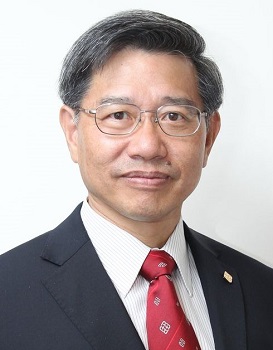
Professor Hau-chung Man graduated with a BSc(Eng) in Polymer Science and Engineering......
Professor Hau-chung Man
Dean of Engineering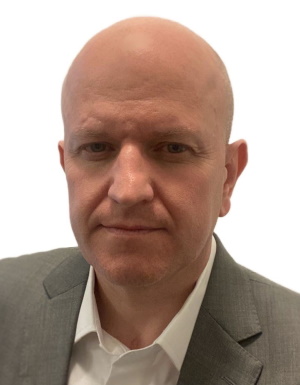
Robert joined the Aviation Services Research Centre in January 2015 and has recently been appointed Chief Executive Officer......
Mr. Robert Voyle
CEO, ASRC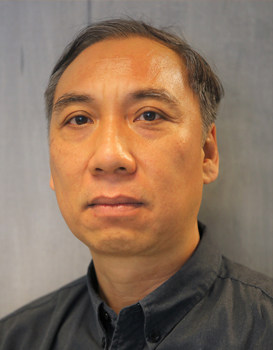
Dr. Hon-Ping Tang got his Masters degree in industrial Robotics from Imperial College, London University in 1989......
Dr. H P TANG
Lead Engineer, Robotics, ASRC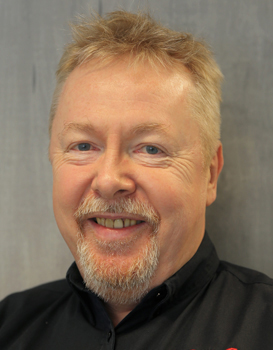
Mr. Mannion graduated in 1984 with an honour’s degree in Physics from Paisley College in Scotland. He took up a position......
Mr. Anthony John Paul Mannion (Tony)
Lead Engineer, Materials Data & Instrumentation, ASRCCareer Opportunities
Click to view the post specification.
Contact Us
Travelling to The Hong Kong Polytechnic University The University campus is strategically located in Hung Hom, Kowloon. It is adjacent to the Cross Harbour Tunnel and Mass Transit Railway (MTR) Hung Hom Station (A1 or D1 Exit).
Aviation Services Research Centre
Block X, The Hong Kong Polytechnic University, Hung Hom, Kowloon, Hong Kong SAR
(852) 2766 7599
sonia-kl.lee@polyu.edu.hk
Office Hours
| Monday to Friday: | 9:00am – 1.00pm, |
| 2:00pm – 5:30pm |
Saturday, Sunday and Public Holidays: closed
Travelling to ASRC
ASRC is located at Block X of The Hong Kong Polytechnic UniversityPolyU Campus Map


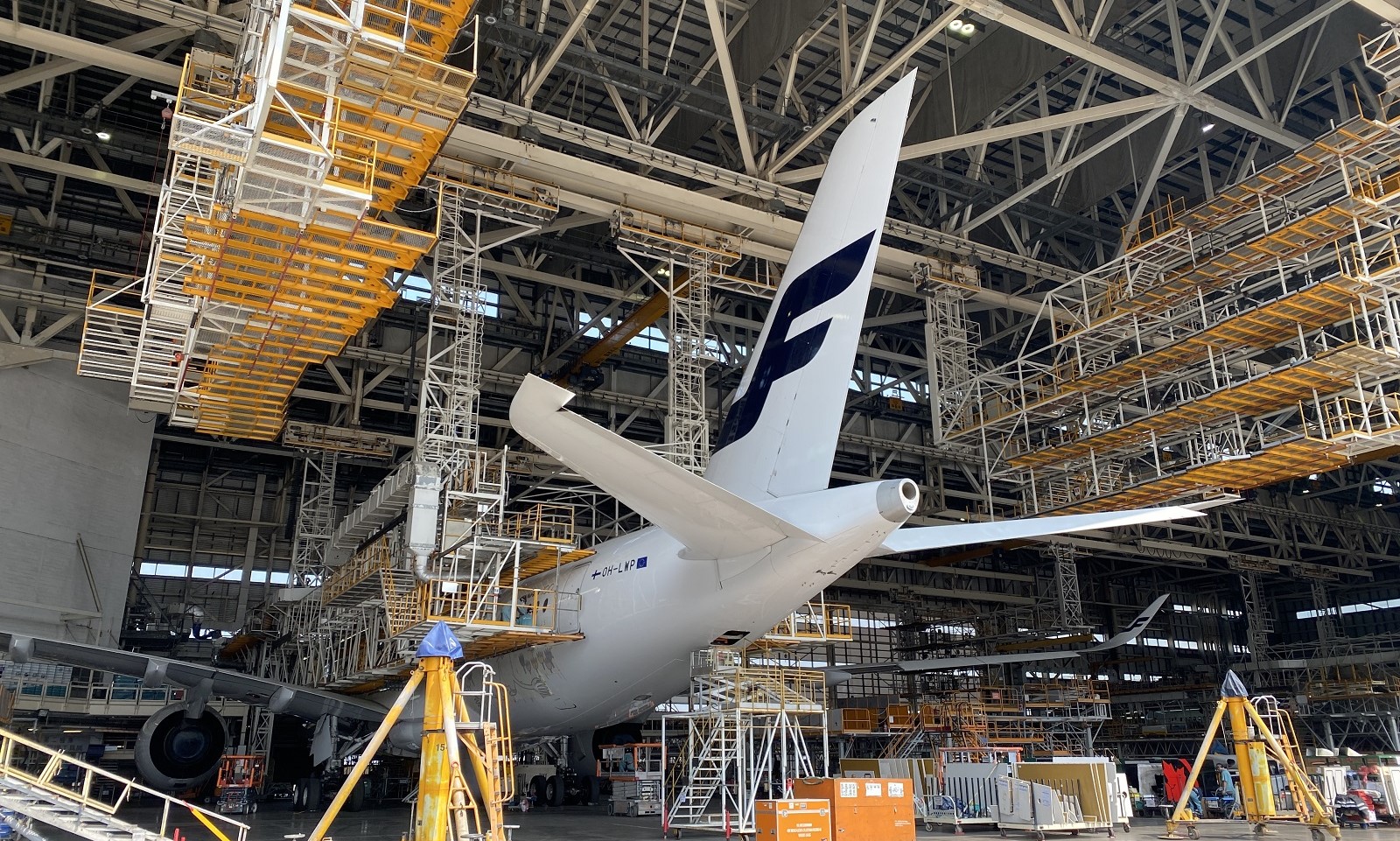

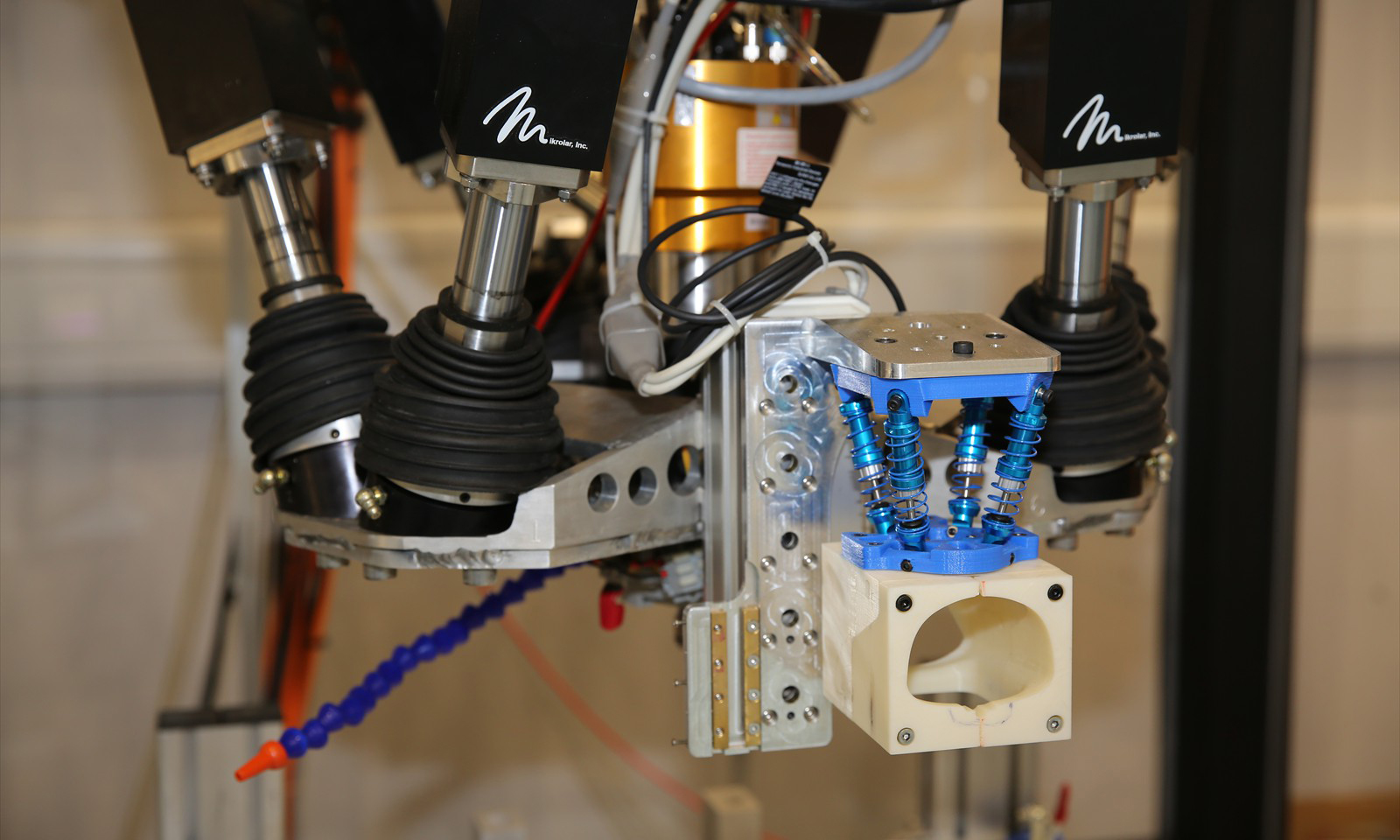
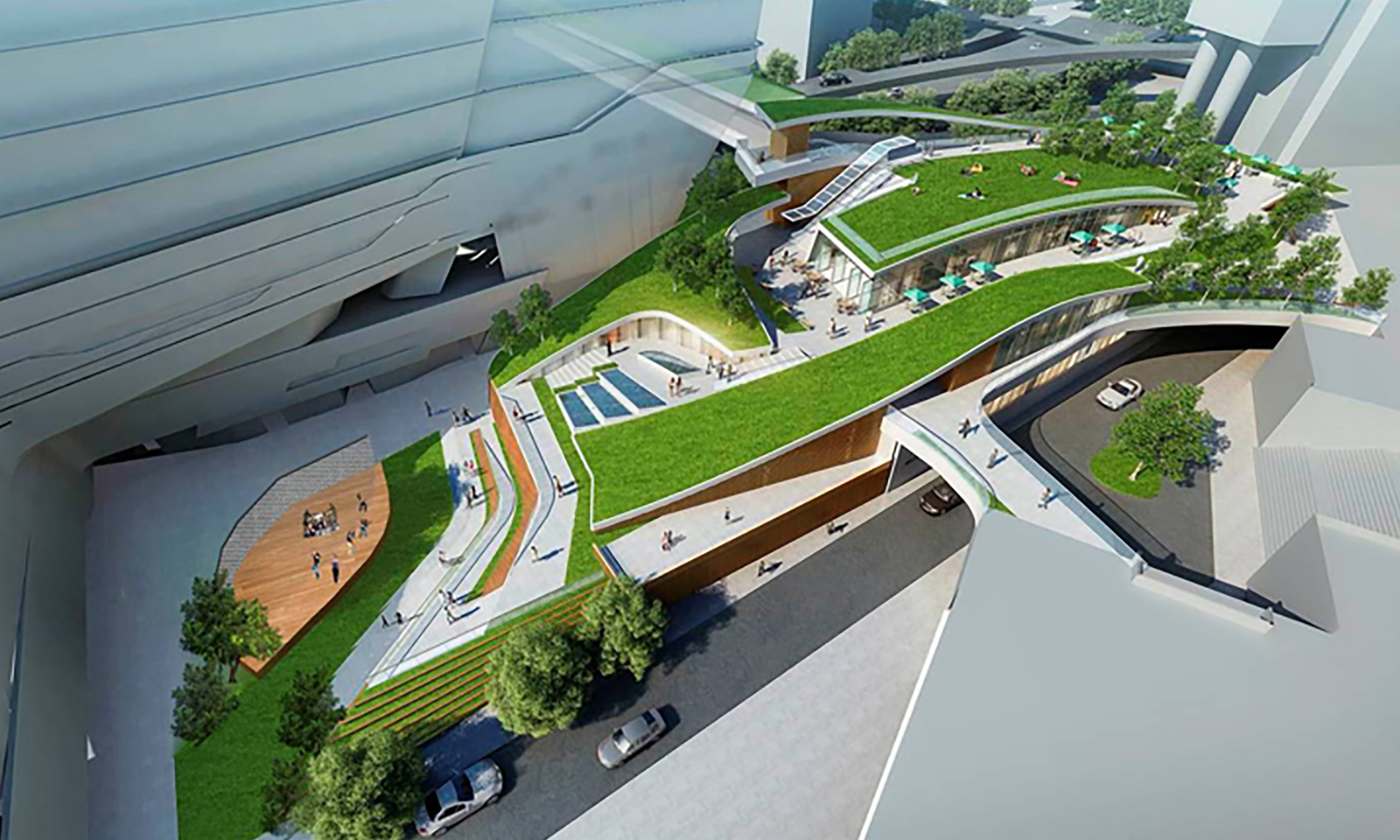
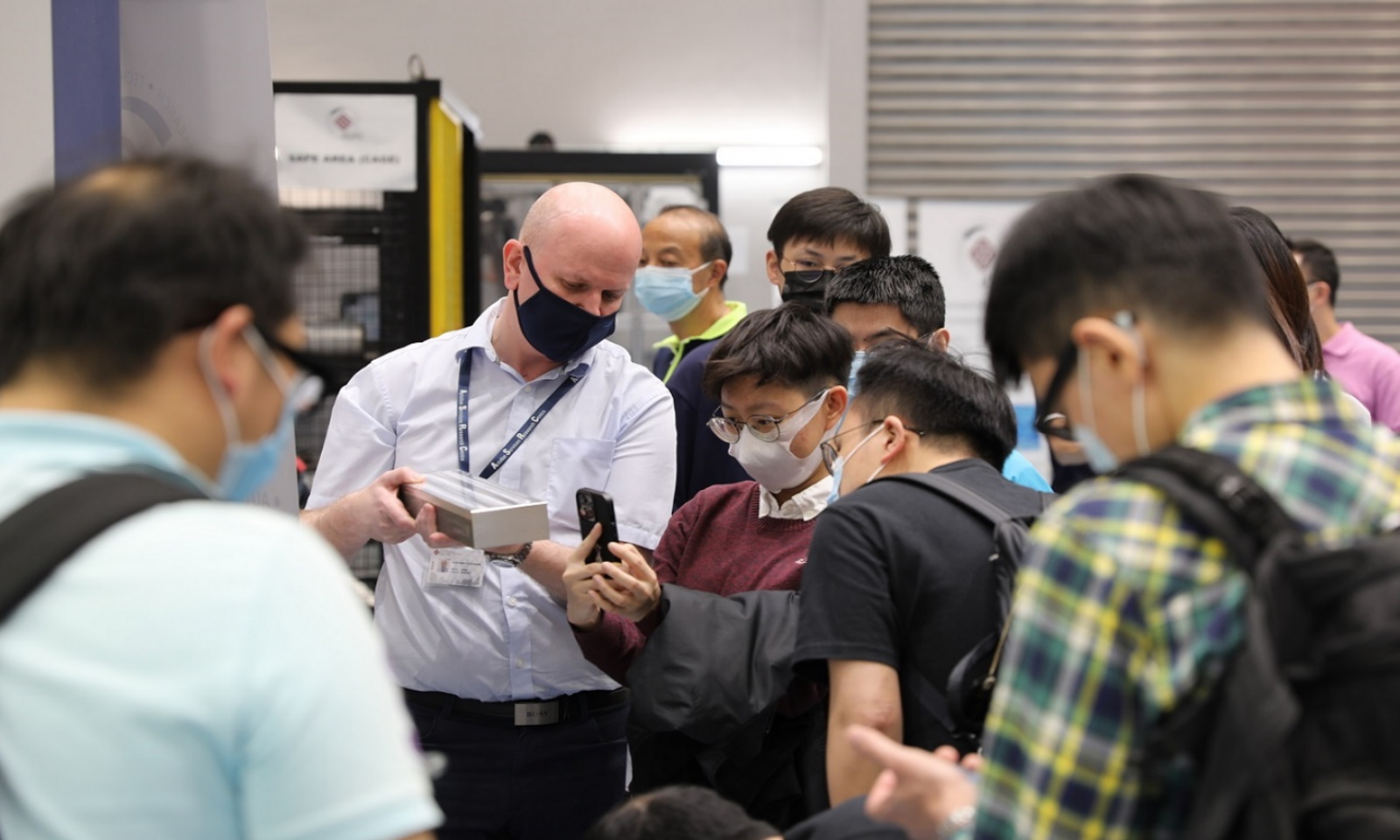


 1
1 2
2 3
3 4
4 5
5 6
6 7
7 8
8
